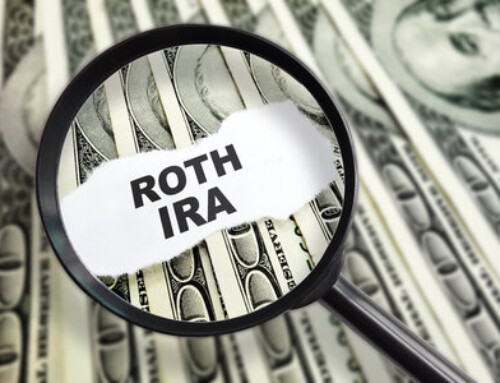 Bad Investment Advice to Watch Out For
Bad Investment Advice to Watch Out For
Bad investment advice is given every day, even by the most experienced well-meaning advisors. This is due to human error and the simple fact that no one can accurately predict the future. But there is bad investment advice that you can watch out for and avoid. These mistakes fall into two categories: bad advice due to lack of knowledge and bad advice due to advisor self-interest. We will go over key things to watch out for in each category to help you to avoid bad investment advice.
Bad investment Advice Due to Lack of Knowledge
In this era of technological advancement, there are constantly new releases of investments. Many of them are also very complex and hard to understand. But an investment advisor is responsible to keep up their knowledge base. Not doing this could result in costly mistakes for clients. Some of the bad investment advice in this category you should look out for include:
Your Advisor Does Not Fully Understand Investments
If your advisor does not fully understand the investments, they are suggesting it to you it can have a detrimental effect on your portfolio. Or it can result in an inadvertent combination of investments that expose you to a high level of risk. To avoid this, be sure to ask in-depth questions to test your advisor’s knowledge. Also, do not agree to invest in investments you do not fully understand.
Your Advisor is Overconfident
Due to a strong general market upturn, an advisor may become overconfident in their abilities. This is due to them not truly understanding that the increase is due to general market trends, not their personal abilities. Their overconfidence may lead them to only see the potential rewards, not the risks. This can result in you having a portfolio with a large level of risk that will likely lose value when the market takes a downturn.
You End Up with a Poorly Diversified Portfolio
A poorly diversified portfolio is the result of many times of bad investment advice given due to lack of knowledge. Often a portfolio is too complicated for you, as the client, to fully understand. Due to this the poor portfolio diversification may not be apparent. Poorly diversified portfolios result in a lackluster performance, which costs you in the long run.
Bad Investment Advice Due to Advisor Self Interest
Investment advisors are there to help you manage and grow your investments. But it is their job and their ultimate reason for being there is to make a living. Some take this a little too far and utilize unscrupulous methods to make more money, leaving their clients to suffer. Some of the bad investment advice in this category you should be aware of include:
Your Advisor Utilized Excessive Trading
Churning refers to the unethical practice of excessively making trades for the sole purpose of generating commissions. This is illegal under Federal Law. Churning detrimentally affects your portfolio for several reasons. First, it reduces your value by excessive and unnecessary commissions being paid out. Second, it can make you realize more capital gains than necessary. This will end up costing you in taxes. Third, investments are often sold at an unnecessary loss or lower than the potential gain. This greatly affects your portfolio performance.
You Are Put into High Fee Investments
An advisor who is looking for their own interest will suggest you buy investments that have a complicated structure that has a lot of built-in fees. These high fee investments help to generate additional commissions for the advisor. Often, these are very hidden and not easy to locate in your statements. These high fees will ultimately negatively affect your portfolio performance.
Your Advisor Sells What You Want, Not What You Need
Selling you what you want makes for an easy sell for your advisor. Someone giving you bad investment advice will make the sale, no questions asked. Instead of steering you towards an investment that would better fit your needs and risk tolerance.
Avoiding Bad Investment Advice
You can avoid bad investment advice by looking for the above-listed clues. When looking for an investment advisor, find one who has the experience and education to give you good advice and keep you out of investment trouble. Designations like RIA and CFP® are good to look for because these advisors must have extensive education and are held up to a high ethical standard.
Questions? Want to schedule an appointment? Contact us by clicking here.






Leave A Comment
You must be logged in to post a comment.